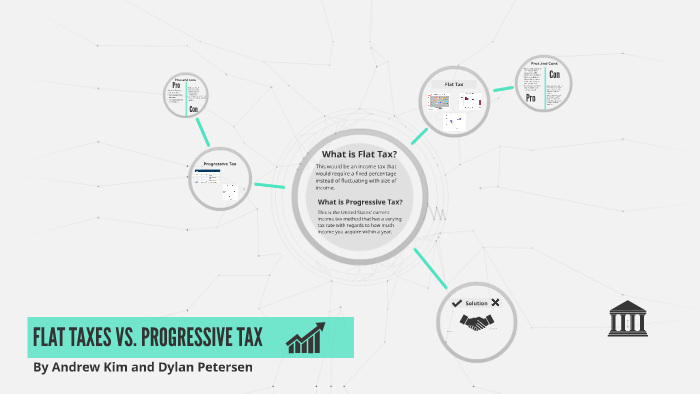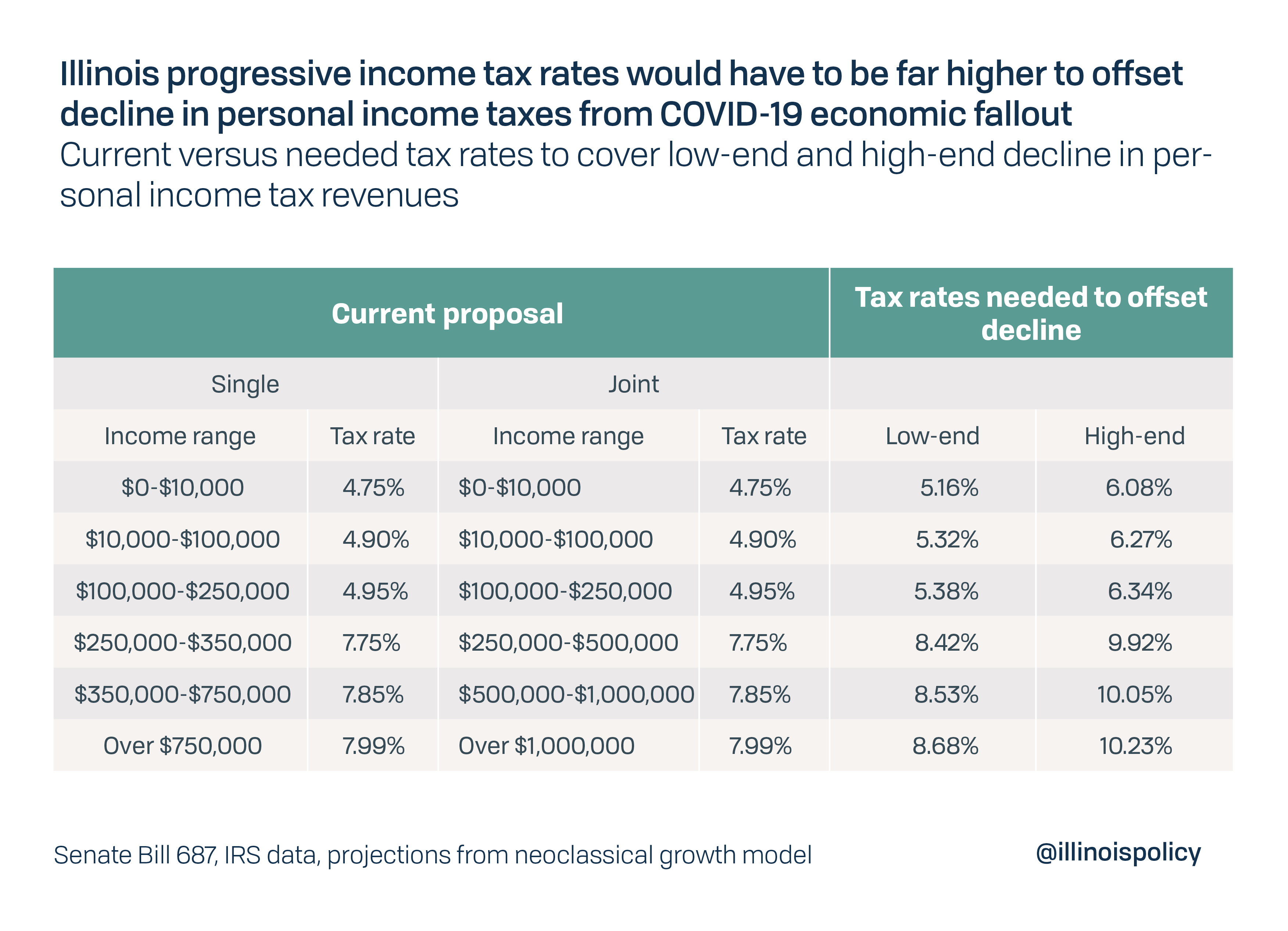
below for special non-habitual residents regime.Ģ.3 Taxable income 2.3.1 Employment income, pensions and director’s fees Thus, as a rule, the taxpayer will become resident in Portugal as from the first day of stay in the Portuguese territory and non-tax resident as from the last day of stay in Portugal, with a few exceptions. The IRS reform introduced a partial residence concept, so that there is a direct connection between the period of physical presence in Portuguese territory and the status of tax resident. A person is also deemed to be resident in Portugal if a dwelling is maintained at any time of a certain 12-month period, indicating the existence of habitual residence in Portugal. Nonresidents are taxed at a flat rate of 25% on their taxable remuneration.Ī person is deemed to be resident in Portugal whenever spends more than 183 days, consecutive or not, in Portugal in any 12-month period starting or ending the fiscal year concerned. Nonresidents are liable to income tax only on Portuguese-source income, which includes not only that portion of remuneration that can be allocated to the activity carried out in Portugal but also remuneration that is borne by a Portuguese company or permanent establishment. Residents in Portugal are taxed on their worldwide income at progressive rates varying from 0% to 48%.

Deadline may be extended to 31 December in case foreign-income is earned. Limited exemptions and reduced rates may be available under special regimes (e.g., payments from insurance companies under certain conditions and non-habitual residents)Īnnual PIT return, to be submitted from 1 April to 30 June of the year following the year to which the tax corresponds.

Solidarity tax may be applicable at 2,5% or 5%, depending on the taxable income

Imposto sobre o Rendimento das Pessoas Singulares (IRS)ġ January 1989 (1 January 2015 last extended IRS reform)


 0 kommentar(er)
0 kommentar(er)
